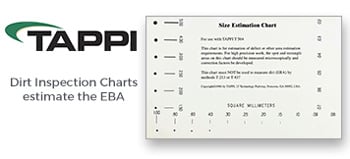Alkyl ketene dimer (AKD) sized paper reversion due to oxidative photodegradation, TAPPICon24
Alkyl ketene dimer (AKD) is a sizing agent used in papermaking to increase the resistance of paper-board towards water penetration. The acquired hydrophobic property of the paper can be reversed due to the instability of the sizing agent. It is broadly known that AKD size reversion is due to migration, poor orientation, masking, or hydrolysis of the sizing agent. Unfortunately, the environmental parameters that cause this chemical instability are not well understood. Thus, the conditions that initiate or catalyze AKD size reversion and the mechanisms of AKD size reversion under different environmental conditions need to be investigated. In this study, six different experimental setups were used to investigate how temperature, daylight, fluorescent light, oxygen, and ultraviolet (UV) light affect AKD size reversion. Cobb values and pyrolysis gas chromatography-mass spectrometry (py-GCMS) results show that AKD size reversion is due to the degradation of the chemical in the presence of light and oxygen; temperature variations were found to accelerate reversion in the presence of light and oxygen. The oxidative photodegradation mechanism of the sizing agent is explored, and a possible mechanism is proposed.
TAPPI
conference proceedings and presentations, technical papers, and publication articles provide technical and management data and solutions on topics covering the Pulp, Paper, Tissue, Corrugated Packaging, Flexible Packaging, Nanotechnology and Converting Industries.
Simply select the quantity, add to your cart and your conference paper, presentation or article will be available for immediate download.





